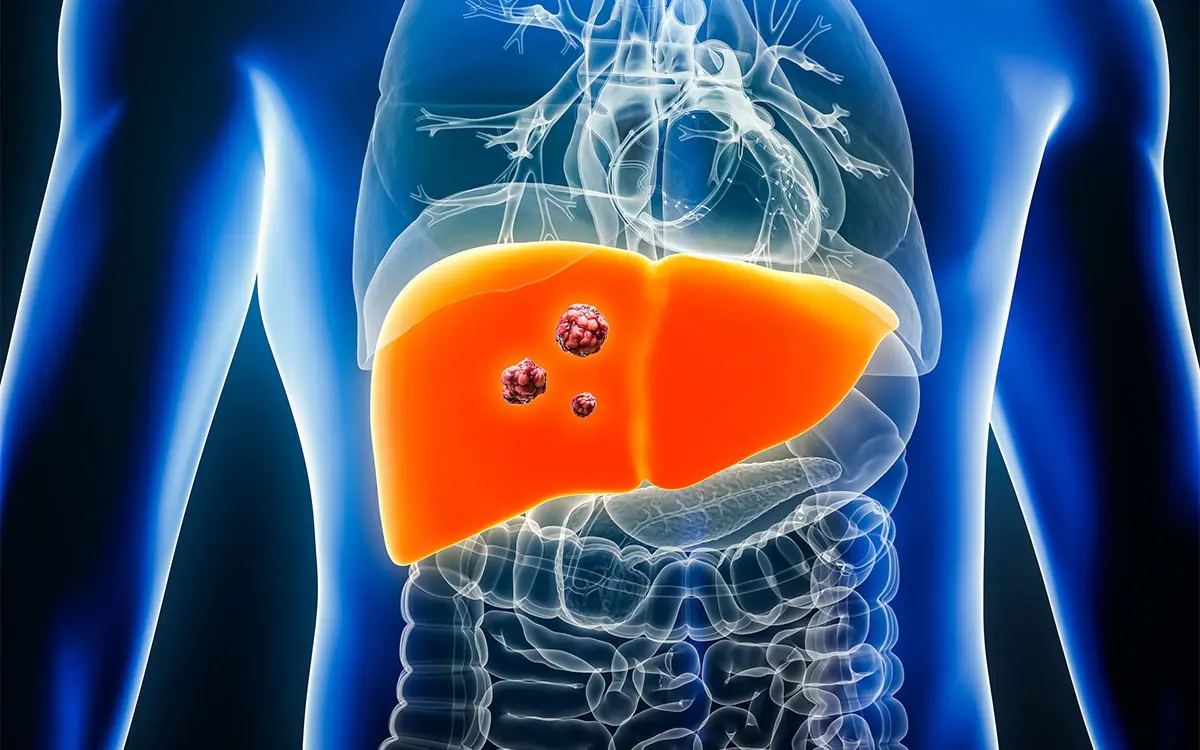
Why Up to 80% of Us are Deficient in Magnesium

Magnesium is a vital mineral that plays a significant role in various bodily functions, including sleep regulation and muscle recovery. Despite its importance, a large number of people in the United States are magnesium deficient. This article will explain what magnesium is, the consequences of magnesium deficiency, and how to ensure your magnesium levels remain balanced.
What Is Magnesium and Why Is Its Deficiency Harmful?
Magnesium is not just a mineral; it's also an essential electrolyte. Found naturally in many foods and often added to processed products, magnesium is critical for the proper functioning of the body's organs and systems.
Magnesium serves as a cofactor for over 300 enzymatic reactions in the body, influencing muscle and nerve activity, protein synthesis, blood sugar regulation, energy production, and blood pressure control. It's involved in DNA formation, the creation of vital antioxidants, and the transport of calcium and potassium across cell membranes, helping to regulate heartbeats. This is just a glimpse of its wide range of functions.
Where Is Magnesium Stored?
The majority of magnesium in the body is stored in bones and soft tissues, with only a small amount circulating in the bloodstream. Normal blood magnesium levels (serum magnesium) range from 0.75 to 0.95 millimoles per liter. Levels below 0.75 are considered hypomagnesemia or magnesium deficiency. Blood tests can check your magnesium levels, but they don't always reflect how much magnesium is stored in the cells. Other methods, like saliva and urine tests, exist, but none are entirely reliable.
Recommended magnesium intake varies by age and gender. For adult men, it’s generally between 400mg to 420mg per day, while for women it ranges from 310mg to 320mg. Pregnant women need between 360mg to 400mg, depending on age, and lactating women require between 310mg and 360mg.
Symptoms of Magnesium Deficiency
Magnesium deficiency can occur for a variety of reasons. In addition to a magnesium-poor diet, conditions like chronic illnesses, alcohol dependency, medications, gastrointestinal or renal losses (such as diarrhea or surgery), and other factors can influence magnesium levels.
Some of the signs and symptoms of magnesium deficiency include:
-
Mild tremors
-
Generalized weakness
-
Heart attacks
-
High blood pressure
-
Irregular heartbeat
-
Asthma
-
Osteoporosis
-
Mental health issues
-
Muscle twitches and cramps
The prevalence of magnesium deficiency varies. About 2% of the general population is affected, but the number increases significantly in certain groups. Around 10%-20% of hospitalized patients are deficient, and about 25% of outpatients with diabetes also show a deficiency. In intensive care units, the deficiency rate rises to 50%-60%, while individuals with alcohol use disorders can experience deficiency rates anywhere from 30% to 80%. Research indicates that 10% to 30% of people in developed countries are magnesium deficient, with postmenopausal women being at an even higher risk.
Foods to Boost Magnesium Intake
Fortunately, magnesium is naturally present in many foods. Here’s a list of magnesium-rich foods you can include in your diet:
-
Pumpkin seeds (raw or roasted)
-
Chia seeds
-
Dry roasted almonds
-
Spinach
-
Dry roasted cashews
-
Shredded wheat cereal
-
Soy milk
-
Black beans
-
Edamame
-
Peanuts and peanut butter
-
Potatoes
-
Brown rice
-
Yogurt
-
Oatmeal
-
Fortified breakfast cereals
-
Kidney beans
-
Bananas
-
Atlantic salmon
-
Milk
-
Halibut
-
Raisins
-
Whole wheat bread
-
Avocados
-
Chicken breast
-
Lean ground beef
-
Broccoli
-
Apples
-
Carrots
As shown, there are many food options that are rich in magnesium. Additionally, magnesium supplements are widely available in forms like magnesium citrate, oxide, chloride, and glycinate (or bisglycinate). These supplements come in various formats, including powders, liquids, and tablets. However, it’s important to consult your doctor before adding any new supplements, especially if you're already taking medications or other supplements.
By ensuring your magnesium intake is adequate, you can help support various body functions and reduce the risk of deficiencies that could affect your health.
News in the same category


5 Unconventional Signs of Breast Cancer That You Must Know About

Low FT3 Levels Predict Risk for Nerve Damage in Diabetes

Doctors Urge: Don’t Ignore Unexplained Bruising — These Hidden Reasons Could Be the Cause

12 Urgent Warning Signs You’re Eating Too Much Sugar

5 Common Habits Silently Destroying Your Liver (Most People Do Them!)

Where Do You Stand on the Sitting-Rising Test?

The Ultimate Guide to Marinating Fish

The Pros and Cons of Sleeping with a Fan On

10 Symptoms of Kidney Disease

5 Potential Health Benefits of Macadamia Nuts

How to Exercise Safely When You Have Atrial Fibrillation

How to Get Rid of Dead Dry Skin on Feet

Foods to Eat if You Need to Poop – The Best Natural Laxatives

How to Make Onion Juice for Hair Growth & Strong Hair

3 Best Ways to Boil Sweet Potatoes for Maximum Flavor

Top 13 Inflammatory Foods You Should Avoid (Replace with These)

Why You Should Drink THIS Warm Turmeric Water In The Morning

14 Warning Signs of Low Magnesium Levels and What to Do About It (Science Based)

The Six Signs Of A Potassium Deficiency – And How To Fix It
News Post

14 Warning Signs of Low Magnesium Levels and What to Do About It (Science Based)

5 Unconventional Signs of Breast Cancer That You Must Know About

Low FT3 Levels Predict Risk for Nerve Damage in Diabetes

Doctors Urge: Don’t Ignore Unexplained Bruising — These Hidden Reasons Could Be the Cause

12 Urgent Warning Signs You’re Eating Too Much Sugar

5 Common Habits Silently Destroying Your Liver (Most People Do Them!)

Where Do You Stand on the Sitting-Rising Test?

The Ultimate Guide to Marinating Fish

The Pros and Cons of Sleeping with a Fan On

One Button, Big Savings: Cut Energy Costs with Every Wash

10 Symptoms of Kidney Disease

10 Types of Toxic Friends to Avoid

Index Finger Length: Personality and Fortune

5 Potential Health Benefits of Macadamia Nuts

How to Exercise Safely When You Have Atrial Fibrillation

How to Get Rid of Dead Dry Skin on Feet

Foods to Eat if You Need to Poop – The Best Natural Laxatives

How to Make Onion Juice for Hair Growth & Strong Hair

3 Best Ways to Boil Sweet Potatoes for Maximum Flavor
